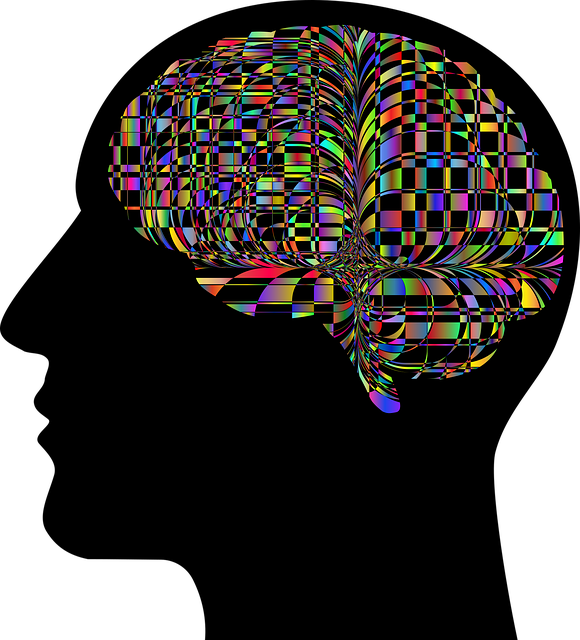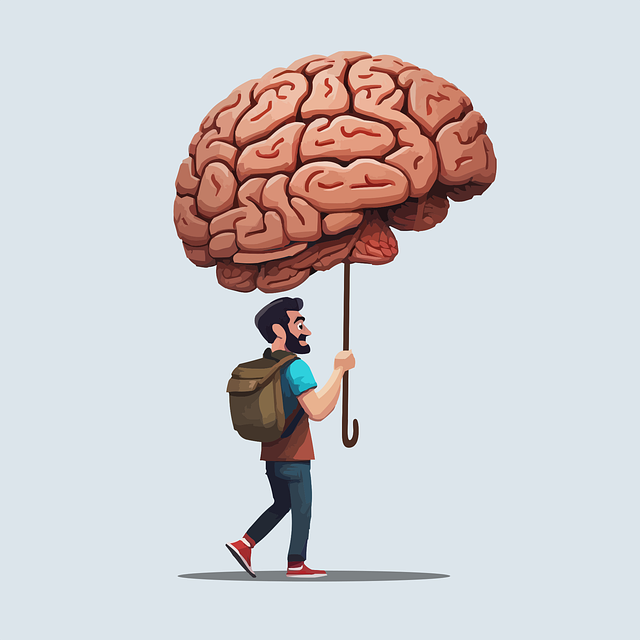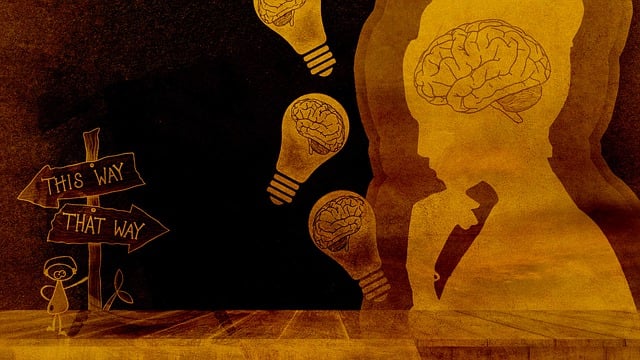Mental illness stigma, fueled by misinformation and fear, deeply affects individuals and communities, leading to isolation and barriers to essential services like therapy for Post-Traumatic Stress Disorder (PTSD). Overcoming this stigma is crucial through education, raising awareness about mental health since early ages, teaching empathy, and integrating stress management workshops in schools. Mental health professionals use therapeutic tools like PTSD therapy to foster empowerment and self-acceptance, while the media plays a role by presenting accurate, empathetic portrayals of mental illness. Global initiatives aim to destigmatize conditions like PTSD, emphasizing the importance of access to effective treatments like therapy for comprehensive care.
Mental illness stigma remains a significant barrier to recovery, but efforts to reduce it are gaining momentum. This article delves into the multifaceted nature of this issue, exploring causes and impacts of mental health stigma, with a particular focus on post-traumatic stress disorder (PTSD). We discuss effective strategies like education, therapeutic approaches, media representation as a tool for change, and global initiatives aimed at fostering understanding and acceptance. By examining these key areas, we aim to illuminate paths toward a more supportive societal landscape for those facing mental illness.
- Understanding Mental Illness Stigma: Causes and Impact
- The Role of Education in Reducing Stigma
- Therapeutic Approaches to Combat Stigma Internally
- Media Representation: A Powerful Tool for Change
- Global Efforts and Initiatives for Stigma Reduction
Understanding Mental Illness Stigma: Causes and Impact

Mental illness stigma is a complex issue deeply rooted in societal perceptions and cultural norms. It arises from a combination of factors, including misinformation, fear of the unknown, and historical misconceptions about mental health conditions. This stigma significantly impacts individuals affected by mental disorders, often leading to social isolation, discrimination, and barriers to accessing essential services such as therapy for Post-Traumatic Stress Disorder (PTSD). Many struggle in silence, fearing judgment or stereotypes that may arise from disclosing their struggles.
The consequences of stigma are far-reaching, affecting not just the individuals experiencing mental illness but also their families and communities. It can hinder people from seeking much-needed support, including effective treatments like Mindfulness Meditation and Stress Reduction Methods. By promoting understanding and adopting Mind Over Matter principles, we can foster an environment where those with mental health challenges feel empowered to pursue therapy and recover, breaking down the barriers created by stigma.
The Role of Education in Reducing Stigma

Education plays a pivotal role in reducing the stigma surrounding mental illness. By integrating mental health awareness into mainstream curricula, schools can equip young minds with the knowledge to recognize and understand various mental health conditions. This early exposure normalizes conversations about mental well-being, fostering an environment where students feel comfortable seeking support without fear of judgment. Moreover, education goes beyond awareness; it includes teaching practical communication strategies that promote empathy and understanding among peers.
Incorporating topics like stress management workshops within educational settings empowers individuals to develop coping mechanisms for conditions such as Post-Traumatic Stress Disorder (PTSD). Educated communities are better equipped to dispel myths and misconceptions, leading to more supportive social networks for those facing mental health challenges. This collective effort not only reduces the stigma but also encourages open dialogue, ultimately contributing to improved access to therapy and support services for all.
Therapeutic Approaches to Combat Stigma Internally

Mental health professionals play a pivotal role in reducing stigma by employing therapeutic approaches that address internalized beliefs. One such powerful tool is Therapy for Post-Traumatic Stress Disorder (PTSD), which helps individuals process and reframe traumatic experiences, fostering a sense of empowerment and self-acceptance. By exploring the root causes of fear, anxiety, and shame, therapists can guide clients towards healing and resilience.
Additionally, practices like Mindfulness Meditation and Self-Care have shown significant promise in countering stigma. Encouraging emotional intelligence through these methods allows individuals to better understand their feelings, regulate responses, and cultivate empathy for others. This, in turn, contributes to a more nuanced perspective on mental health, breaking down barriers and promoting acceptance within oneself and the broader community.
Media Representation: A Powerful Tool for Change

The media plays a pivotal role in shaping societal perceptions about mental illness. Accurate and empathetic representation can significantly contribute to stigma reduction efforts. Portraying individuals with mental health challenges as relatable characters in films, television shows, and news coverage helps foster understanding and compassion. When celebrities and public figures openly share their struggles with conditions like Post-Traumatic Stress Disorder (PTSD), it normalizes the experience, encouraging others to seek therapy and support.
However, it is essential to balance this representation with cultural sensitivity in mental healthcare practice. Sensitively portraying diverse experiences ensures that various communities feel seen and heard. Organizations focused on stress management workshops and positive thinking can also leverage media to spread awareness about proactive measures for mental well-being. By showcasing recovery stories and the effectiveness of therapy for PTSD, for instance, media can inspire hope and dispel myths associated with mental illness.
Global Efforts and Initiatives for Stigma Reduction

Mental illness stigma reduction is a global priority, with numerous initiatives aimed at fostering understanding and empathy. International organizations, governments, and communities are actively working to challenge societal norms and promote mental health awareness. These efforts include public education campaigns that dispel myths surrounding mental illness, emphasizing that it’s a common human experience affecting individuals from all walks of life.
One significant area of focus is the destigmatization of specific disorders, such as Post-Traumatic Stress Disorder (PTSD). Global initiatives promote access to effective treatments like therapy for PTSD, highlighting the power of mind over matter principles and emphasizing the importance of self-care practices in recovery. Additionally, trauma support services are being integrated into healthcare systems worldwide, recognizing that early intervention and comprehensive care can significantly reduce the impact of traumatic events and associated mental health challenges.
Mental illness stigma reduction is a multifaceted effort that requires education, media representation, global initiatives, and therapeutic approaches like therapy for post-traumatic stress disorder. By addressing its causes and understanding its impact, we can foster an environment of acceptance and support. The role of education in breaking down misconceptions is invaluable, while media representations that accurately portray mental health struggles can drive significant cultural change. Global efforts and individual actions, combined with evidence-based therapies, offer a comprehensive strategy to reduce stigma and promote mental wellness on a global scale.














